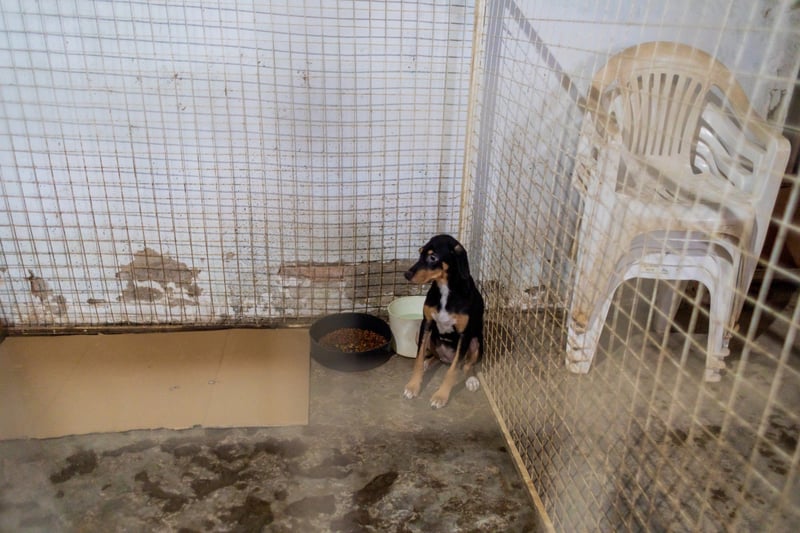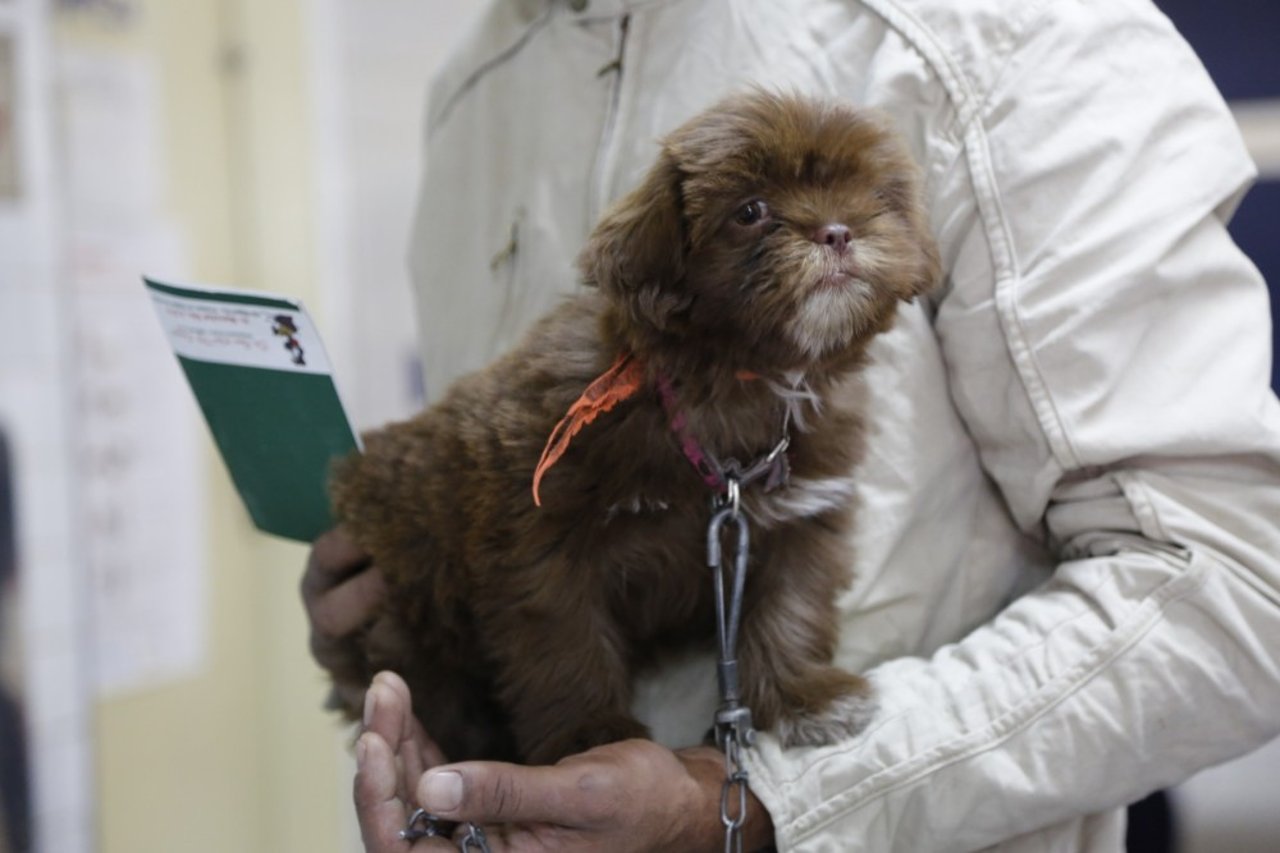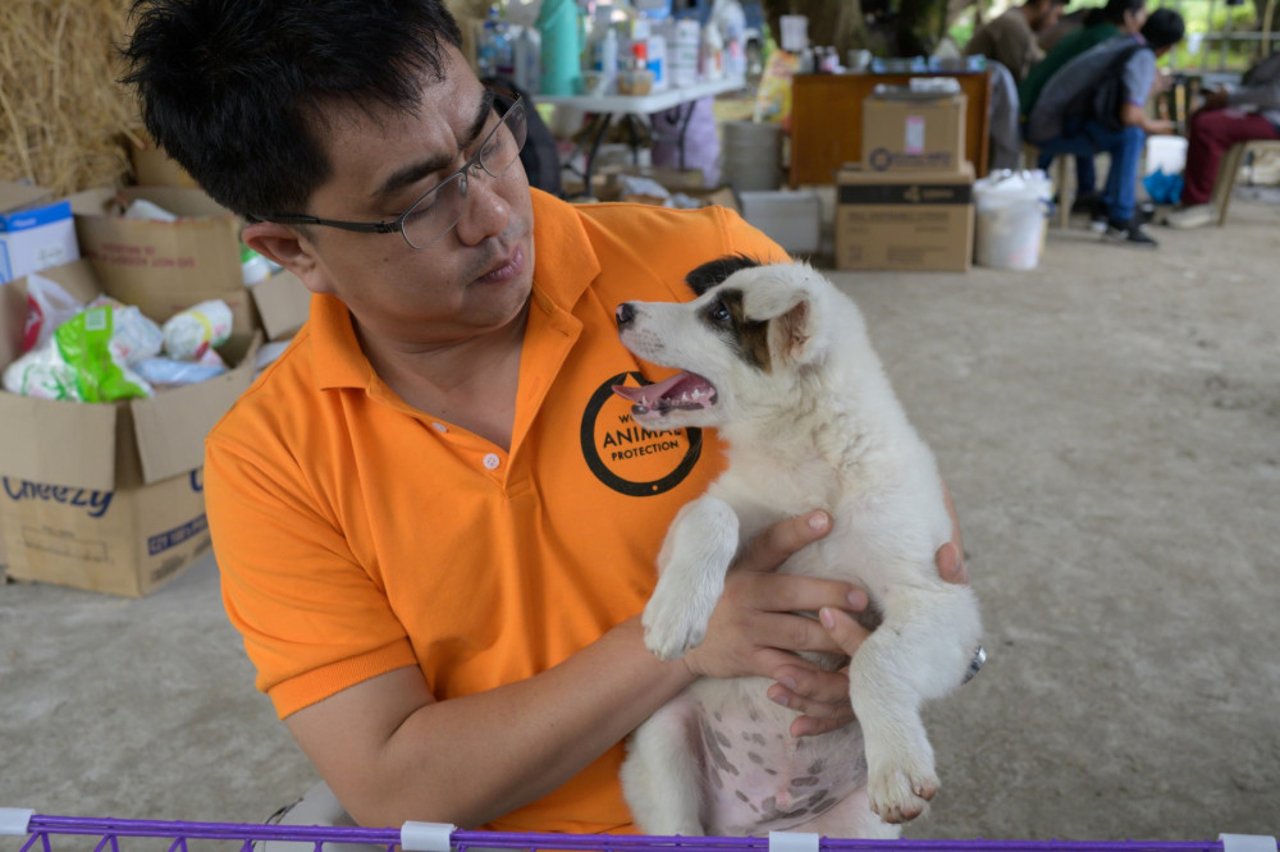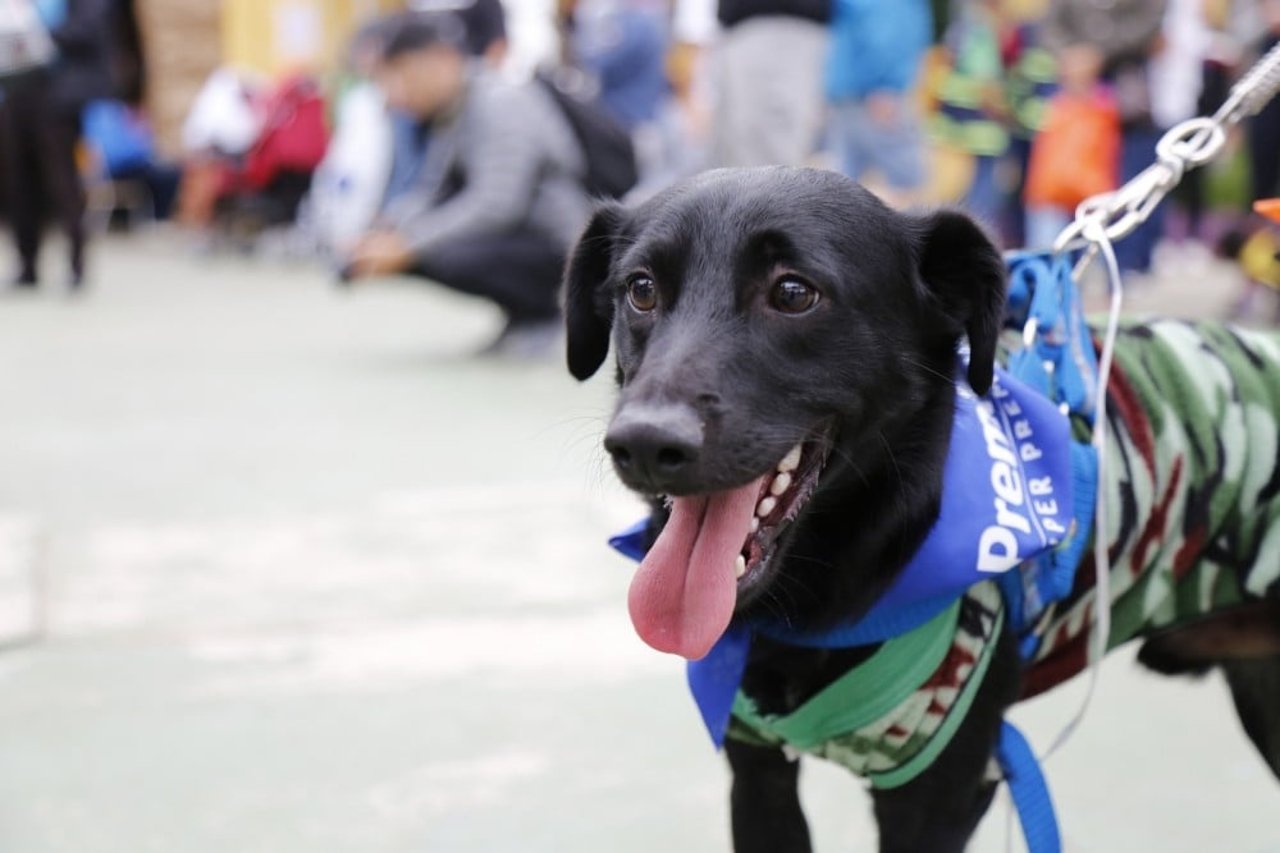
The simple answer is: no. It’s understandable that many of us are feeling concerned about the possibility of contracting coronavirus, but to turn our attention towards dogs would be entirely misguided
Last month, heart-breaking images of pet dogs and cats emerged from China’s Hubei Province - their eyes glazed over, their bodies lying lifeless on the pavements, some surrounded by a pool of their own blood.
The fear of catching the virus had terrified their owners. Believing their pets could be carriers, some owners threw their pets from the windows of high-rise tower blocks.
People’s fears were leading to the cruel and unnecessary loss of life.
Thankfully, this doesn’t appear to be the common response, and most people realise this is completely unnecessary reaction to the coronavirus rumour mill.
Pets and previous outbreaks
Coronavirus is frequently being compared to the SARS outbreak of 2003 as it bears striking similarities.
Just like with SARS, there were also fears that pets could spread the disease. By the end of the epidemic, just eight cats and a dog tested positive for the virus, but no animal was ever found to transmit the disease to humans.
A dog at our rabies vaccination drive in Brazil
Now, the world is turning its attention to Hong Kong, where an elderly, 17-year-old Pomeranian dog has tested ‘weak positive’ for coronavirus.
A dog of this age might typically be quite vulnerable to infections, yet it is still showing no signs of disease relating to COVID-19. Experts have been monitoring the dog and repeating tests.
An isolated case
To put it into perspective, consider that there are around 750 million dogs living in the world, mostly alongside people. Out of all these, just one single dog has tested weak positive for coronavirus.
This is an extremely rare and isolated case. We need to prevent a knee-jerk reaction to our canine companions, preventing any drastic measures.
It’s still early days, and experts are unsure how the disease interacts with other animals. There have been questions on whether the dog has actually contracted the disease, or just that the virus is being harboured in its body.
After all, the dog was in close proximity to its owner, who does have the disease. For a dog to contract coronavirus, the disease will have had to mutate to enable it to latch on to dog cells. Right now, we don’t know for sure if this is the case, so this example tells us very little.
Different genes
It’s also important to consider that the genes of dogs are very different to genes of humans. While it looks as though the coronavirus might have originated in a bat, it’s a mystery how the virus jumped from bats to humans, and if there was another animal in the middle, bridging this gap.
Even if this case does show that the virus can jump to dogs, we don’t know enough at this stage about its possible transmission to other dogs, animals or even back to humans again.
Take distemper, canine parvovirus, and heartworms for example – these are all examples of infections that cannot be transmitted from dogs to humans due to the differences in our genetic make-up among other things.
Advice for pet owners
Pets are great companions and they shouldn’t pay the price of our fear by being abandoned or cruelly mistreated.
A World Animal Protection staff member at an animal rescue shelter in Lipa, Philippines
We’re urging people to continue to protect their pets by trying to avoid crowded places for dog walks and keeping their time outdoors to a minimum where possible, until we know more about the transmission of the coronavirus.
This should also serve as an important reminder to be a responsible pet owner by microchipping, vaccinating and neutering your animals.
For pets belonging to a household with COVID-19 infections, we recommend pets are also placed in quarantined facilities where possible or kept isolated from other animals at least.
Our message is clear – we need to look after our animals and not panic.
There is no evidence showing that pets can be the source of infection of coronavirus.
A dog at our rabies vaccination drive in Brazil
All around the world, dogs improve and add value to our lives. They keep us company, protect homes and livestock, and can learn to do extraordinary tasks – so let’s make sure we keep them, and ourselves, protected.
Our message is clear – we need to look after our animals and not panic.


